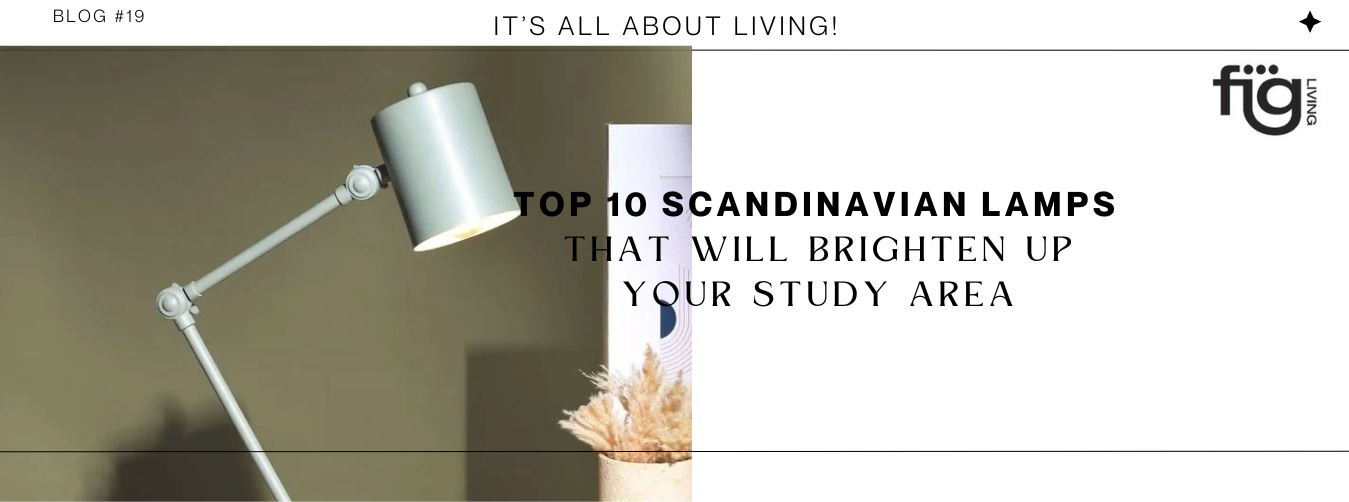
The Art of Warm White Lighting: Enhancing Your Space with Soft Illumination
In order to create the mood you want in any area—be it your living room, bedroom, or office—lighting is essential. Due to its capacity to produce a warm, welcoming ambiance, warm white light has become one of the many lighting solutions accessible. However, what is warm white light exactly, and how can you use it in your house or place of business to the fullest? We'll examine the practice of warm white lighting in this post, giving you the knowledge you need to create a cosy, fashionable, and warm atmosphere in your home.
1. Introduction to Warm White Lighting
A gentle, golden glow that permeates the space may come to mind when you imagine a comfortable evening spent at home. Warm white light, a type of lighting that has come to be associated with cosiness and relaxation, has this effect. Warm white light creates a cosier and more inviting ambiance than cool white light, which can appear clinical and austere. Warm white lighting may improve the atmosphere and make your area feel more welcoming, whether you're having a dinner party or curling up with a good book.
2. Why Choose Warm White Light?
Why is warm white light the preferred lighting option for so many people? Its adaptability and capacity to blend in with a variety of home design styles provide the answer. Warm white light simulates the sun's natural twilight glow, which has been demonstrated to encourage comfort and relaxation. This kind of lighting is ideal for creating a cosy ambiance in dining rooms, living rooms, and bedrooms. Warm white light is also better for areas where you spend a lot of time because it is less likely to induce eye strain than cooler light.
3. The Science Behind Warm White LED Light
Warm white LED light's comfort is not merely a question of taste; there's science behind it. Electroluminescence is the technique by which Light Emitting Diodes, or LEDs, generate light. Warm white LEDs emit light that has a distinctive yellowish tint since it lies between 2700K and 3000K on the Kelvin scale. This spectrum is soothing and familiar to many since it produces light quite similar to that of conventional incandescent bulbs.
4. How Warm White Light Affects Mood and Productivity
Our attitude and productivity are greatly influenced by lighting. Warm white light is ideal for spaces like living rooms and bedrooms where you wish to relax because of its calming qualities. Conversely, cooler lighting is frequently utilised in offices to improve alertness and focus. It's crucial to find equilibrium, though, since a combination of colder and warm white lighting may provide a space that's both comfortable and productive.
5. Incorporating Warm White Lighting in Your Home
What can you do to add warm white light to your home now that you know its advantages? Adding layers to your lighting is crucial. Add floor lamps, pendant lamps, and table lamps to create focus points and improve the atmosphere overall after starting with overhead fixtures that give general lighting. A table lamp on your nightstand, for instance, might bring a little warmth to your nighttime ritual while a warm white pendant lamp above your dining table can create a welcoming atmosphere for meals.
6. Choosing the Right Warm White LED Bulbs
Warm white LED bulbs vary in quality. Keep the following things in mind while choosing lightbulbs for your house:
Color Temperature: For the warmest glow, go for bulbs between 2700K and 3000K.
Lumens: This unit of measurement for light bulb brightness. Lower lumens could be ideal for small rooms, while greater lumens are good for regions that require more light.
Dimmability: Take into account if you really want to be able to turn down the lights. You can change the illumination to fit various hobbies and moods thanks to dimmable warm white LED bulbs.
7. Enhancing Your Living Room with Warm White Light
Family and guests congregate in the living room, which is frequently considered the centre of the house. The ambiance that warm white lighting creates in this room can be improved. To get the ideal balance, think about combining floor lamps, table lamps, and overhead illumination. Table lamps can give your dining spaces a hint of warmth, and a pendant lamp with a warm white bulb can provide a striking focal point.
8. Bedroom Lighting: Creating a Relaxing Retreat
Your bedroom ought to be a haven where you can rest and rejuvenate. Warm white lighting, which encourages relaxation, is perfect for this area. For gentle, ambient light, think about placing warm white LED table lamps on your nightstands. Your bedroom can become a real haven by adding extra warmth from a floor lamp placed in a comfortable nook.
9. Dining Room: Setting the Mood with Pendant Lamps
Another space where warm white lighting may have a big impact is the dining room. Overhanging the dining table, a pendant lamp with a warm white light bulb can foster a welcoming ambiance that promotes relaxation and conversation. Use dimmable warm white LED lights to enhance ambience and change the illumination according to the situation.
10. Workspaces: Balancing Warmth and Functionality
Although warm white light has a calming impact, workstations can also benefit from its utilisation. Striking a balance between cosiness and practicality is crucial. To give focused, less harsh light that lessens eye strain, use warm white LED bulbs in desk lamps. For a more pleasant and effective workstation, combine this with colder task lighting.
11. Floor Lamps: Versatile Lighting for Any Room
Because of its extreme versatility, floor lamps can give warmth and charm to almost any type of room. You can use a floor lamp with a warm white LED bulb as a statement piece in your living room or as a reading chair lamp in a dark nook. A warm white light's gentle radiance may provide cosiness to any area.
12. Table Lamps: A Touch of Warmth on Your Desk
Table lamps are ideal for bringing some warmth to your bedside table or workspace. Select table lamps that have warm white LED bulbs to create a pleasant, inviting glow that enhances the enjoyment of any task. A table lamp can improve the atmosphere in your room whether you're working, reading, or just unwinding.
13. Outdoor Warm White Lighting Ideas
When it comes to warm white lighting, don't overlook outdoor areas. In order to create a warm and inviting ambiance for evening gatherings or quiet nights on the patio, warm white LED lights can be utilised in outdoor lighting. For a mystical touch, think about utilising warm white string lights or pendant lamps in your outdoor space.
14. Maintenance Tips for Warm White LED Lights
The following maintenance advice is crucial to maintaining the best possible condition for your warm white LED lights:
Clean Regularly: Dirt and dust can build up on light fixtures and bulbs, decreasing their brightness. To keep them glowing, give them regular cleanings.
Check for Flickering: A loose connection or an issue with the dimmer switch could be the cause of your LED lights flickering. Deal with these problems right away to prevent harm.
Replace When Needed: Although LED bulbs have a long lifespan, it's not infinite. It might be time to change a bulb when it begins to flicker or become dim.
15. Conclusion: The Impact of Warm White Lighting
In conclusion, warm white lighting is an effective way to make any place feel cosy and inviting. The soft, golden glow of warm white LED lights may improve the ambiance of your house and make you and your guests feel completely at ease, whether you're using pendant lamps, floor lamps, or table lamps.
16. Frequently Asked Questions (FAQs)
1. What is warm white light?
Warm white lighting, which usually has a Kelvin temperature between 2700K and 3000K, has a gentle, yellowish glow. It is frequently used to make homes and other rooms feel warm and welcoming.
2. Can I use warm white LED lights in my workspace?
It is possible to use warm white LED lighting in workspaces. They offer a cosy, aesthetically pleasing light that might lessen eye strain. To preserve productivity, warm white lighting and colder work lighting must be balanced.
3. How do I choose the right warm white LED bulbs?
Look for a colour temperature between 2700K and 3000K when selecting warm white LED bulbs, and take your required brightness into account when calculating lumens. Dimmable bulbs are the best option if you want to be able to change the lighting.
4. Can warm white light be used outdoors?
Of course! Warm white LED lights are excellent for outdoor areas because they provide a cosy atmosphere for get-togethers in the evening or leisurely evenings spent on the patio. Think about utilising them in outdoor lighting installations like string lights or pendant lamps.
5. What are the benefits of using warm white lighting?
Warm white lighting has many advantages, such as lowering eye strain, enhancing different interior design motifs, and fostering a comfortable and welcoming ambiance. It's perfect for dining rooms, living rooms, and more.








